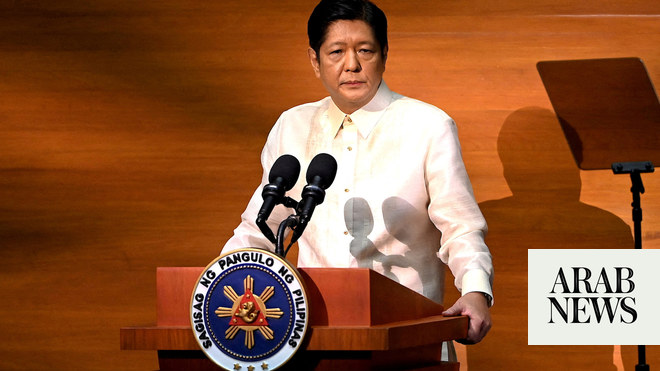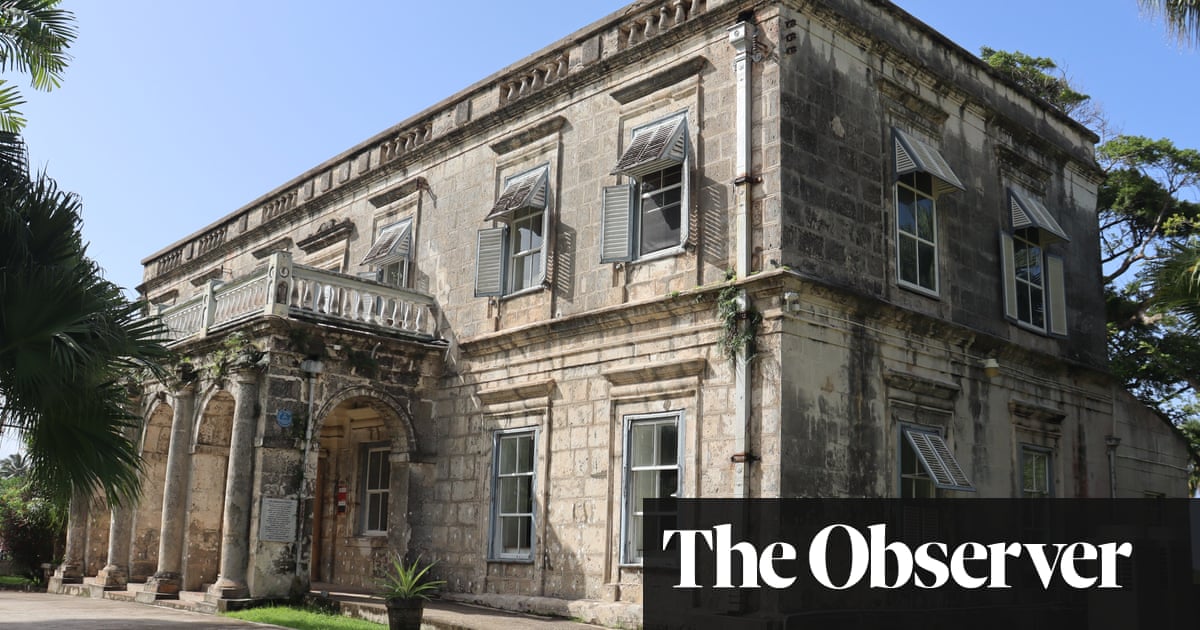
A heinous attack was carried out against Turkish consular staff in Erbil, northern Iraq, on Wednesday. A Turkish consulate employee and a civilian were killed, while another was seriously wounded, according to a statement released by the Turkish Ministry of Foreign Affairs soon after the incident.
The shooting took place at the Huqqabaz restaurant on Airport Road. According to reports, an attacker, wearing civilian clothes and carrying two guns, opened fire, directly targeting the consular staff as they entered the restaurant. However, the motives behind the incident are still subject to speculation and various allegations other than terrorism are on the agenda. So far, no group has claimed responsibility for the attack, but the usual suspect that has come to mind is the Kurdistan Workers’ Party (PKK), against which Turkey is already waging a fierce offensive in northern Iraq.
Turkish President Recep Tayyip Erdogan has condemned the deadly attack, adding that Turkey has engaged in efforts with the Iraqi central and local authorities to ensure that the perpetrators are quickly found. Foreign Minister Mevlut Cavusoglu has also said that, if needed, Ankara will send a delegation to Erbil.
The incident brought to mind the dark days of the past, in which several Turkish diplomats were killed by terrorist organizations. Turkish diplomats have often been targets of the PKK or other organizations. The last one killed on duty was Omer Haluk Sipahioglu in the Greek capital Athens in 1994. Particularly from the 1970s to the 1990s, Turkish diplomats were targeted by an Armenian terrorist organization named the Armenian Secret Army for the Liberation of Armenia. The group was responsible for a series of terrorist attacks and the murder of some 42 Turkish diplomats.
Iraq has never been an easy post for diplomats. In 2014, Daesh kidnapped Turkish diplomats, including the consul general and consulate staff and their families, in a raid on the consulate in the city of Mosul. The hostages were safely returned to Turkey after 101 days of captivity.
Iraq has never been an easy post for diplomats. In 2014, Daesh kidnapped Turkish diplomats, including the consul general and consulate staff and their families.
Sinem Cengiz
Upon the news of the Erbil attack, some analysts linked the incident with the recent development that the Syrian offshoot of the PKK had formed a new terror outfit comprising foreign terrorists, including those of Armenian descent, in the areas it occupies within Syrian territory. It is no secret that there has always been active cooperation between Armenian and Kurdish terrorists when the common enemy is Turkey. One long-lasting claim in Turkey is that there are many Armenian-origin fighters in the PKK, while another argues the group was founded by Armenians who took on Kurdish identity. There were even reports that the PKK had sent 400 terrorists as military support to Armenia in its ongoing clashes with Azerbaijani troops.
Although, at the time of writing, there had been no statement regarding the attackers, who they were actually targeting or why, one thing is clear: That the PKK has been made uncomfortable by Turkey’s moves against it. Ankara launched “Operation Claw II” against PKK militants in northern Iraq on July 13. This was the second wave of Turkish operations in the mountains of this region, where Ankara says it is trying to destroy PKK bases and infrastructure.
Weeks before this operation, Erdogan met with Nechirvan Barzani, the newly elected president of Iraq’s Kurdistan Regional Government (KRG), in Istanbul’s Dolmabahce Palace, which is on the European shores of the Bosphorus. The two leaders talked behind closed doors for hour-and-a-half about a variety of issues. Barzani was elected on May 28 after he had previously served as prime minister for two terms. Turkey was his first overseas visit following his inauguration on June 10.
In his remarks to the Turkish state-owned Anadolu Agency, Barzani underlined that a new phase of relations between Turkey and the KRG would start. Ankara’s relations with the KRG had previously soured after the latter decided to hold an independence referendum in September 2017.
Needless to say, the PKK is not happy with the rapprochement between Ankara and Erbil because the warming of these ties has security implications, as well as political and economic ones. The attack not only raised eyebrows in Ankara, but also in the KRG leadership because, for many years, Erbil was considered an area of stability and enjoyed special status as an economic hub. It is no secret that the KRG leadership was making serious efforts to turn Erbil into a regional destination. Kurds often say, “Even if all hell breaks loose in the mountains, a leaf wouldn’t shake in Erbil,” explaining that the city remains safe even while it is surrounded by fire.
Such attacks against diplomats are rare in Erbil and in the coming days it should become clear who carried it out and what their intentions were.












